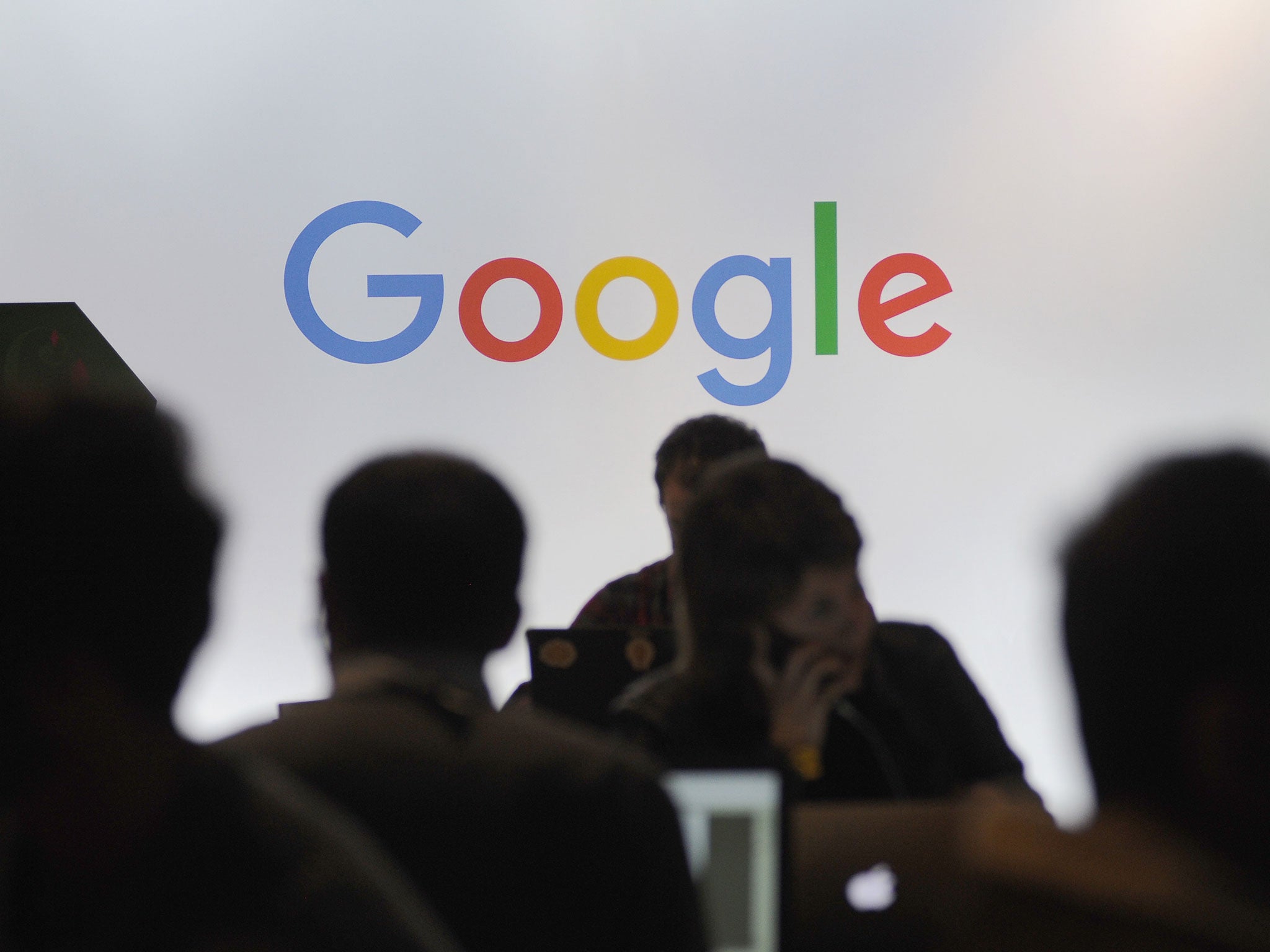It's not just tax. Google is draining artists dry, too
The tech giant has become successful on the backs of others - and without paying a fair share

The agreement between the Government and Google over its tax bill dominated the news a few weeks ago, and rightly so. Today the tech giant is appearing before the Public Accounts Committee to face questioning. We don’t know how the amount was calculated nor what it will pay in the future. Unfortunately all of this is familiar territory for those of us who have supported the UK's artists over the years. The UK's creative industries have had to live cheek by jowl with this insatiable monolith. We have watched it grow fat on the creative output of this country whilst giving next to nothing back in return. Sound a bit familiar?
Google’s UK revenues of £3.6bn in 2015 are worthy of more detailed scrutiny. Most UK consumers use Google’s search engine. It’s free, ubiquitous and has been hugely successful in beating the competition in the last decade. Nothing wrong with that perhaps; it’s a global success story, competing in a free market, delivering value to its users by investing in R&D and building shiny new things where others haven’t.
That at least is the story it likes to tell, but look under the bonnet and it is clear its financial strength hasn’t been purely founded on its own efforts.
Google’s revenues have been generated by taking your and my data, the creative input of musicians, writers, journalists and others and exploiting that to build an enormous advertising monolith. Look back at newspaper reports and you can see the moment it overtook ITV’s advertising revenues and now the amount paid in the licence fee.
Google is no longer a start-up. Of course it likes to portray itself as such, highlighting the productivity gains its services bring to businesses, the improvements in health outcomes that its interrogation of data can deliver and the environmental benefits its driverless cars might create - perhaps even offsetting the energy used by its servers at some point. No wonder Governments have been enthralled; there’s nothing like a shiny new thing to attract us politicians hoping some of that shine might rub off on us.
We need to get smarter though, all of us. Google’s success has not been a zero sum gain. In every bit of data we share, we invite another bit of advertising targeted at us with the money flowing back to Google. Every service we use makes us more reliant on Google and a bit of the competition fades away.
The creative industries though, have suffered more than most. Google and YouTube have become successful on the back of other’s endeavours. Without content, Google and YouTube are simply algorithms and platforms with huge computing capacity. It’s time we politicians caught up. Google can no longer claim to be a “mere conduit”. This is company earning £3.6bn in the UK. It can and should start paying a fair share to the musicians, writers and performers that make the content that it sells advertising around. It can and should do more to prevent copyright theft. It can and should do less prevaricating in the face of such calls.
In its 2015 Manifesto, the Government committed to “working to ensure search engines do not link to the worst offending sites”. It’s time to make that a reality. Lots of people say that’s impossible, citing EU law, the difficultly in changing algorithms and the rights of users. There is, however, a very simple solution. Create a duty of care that means Google must keep down illicit material it’s been told about and stop helping build audiences for illegal sites by refusing to link to them.
Enacted in the UK, it would mean more people using the many different legal digital services available, encouraging innovation. It would mean we users aren’t subject to malicious malware found on illicit sites and it means more money flowing back to creators. Yes, Google has issues with the UK taxpayer but it also has form with the UK’s creative industries.


Join our commenting forum
Join thought-provoking conversations, follow other Independent readers and see their replies